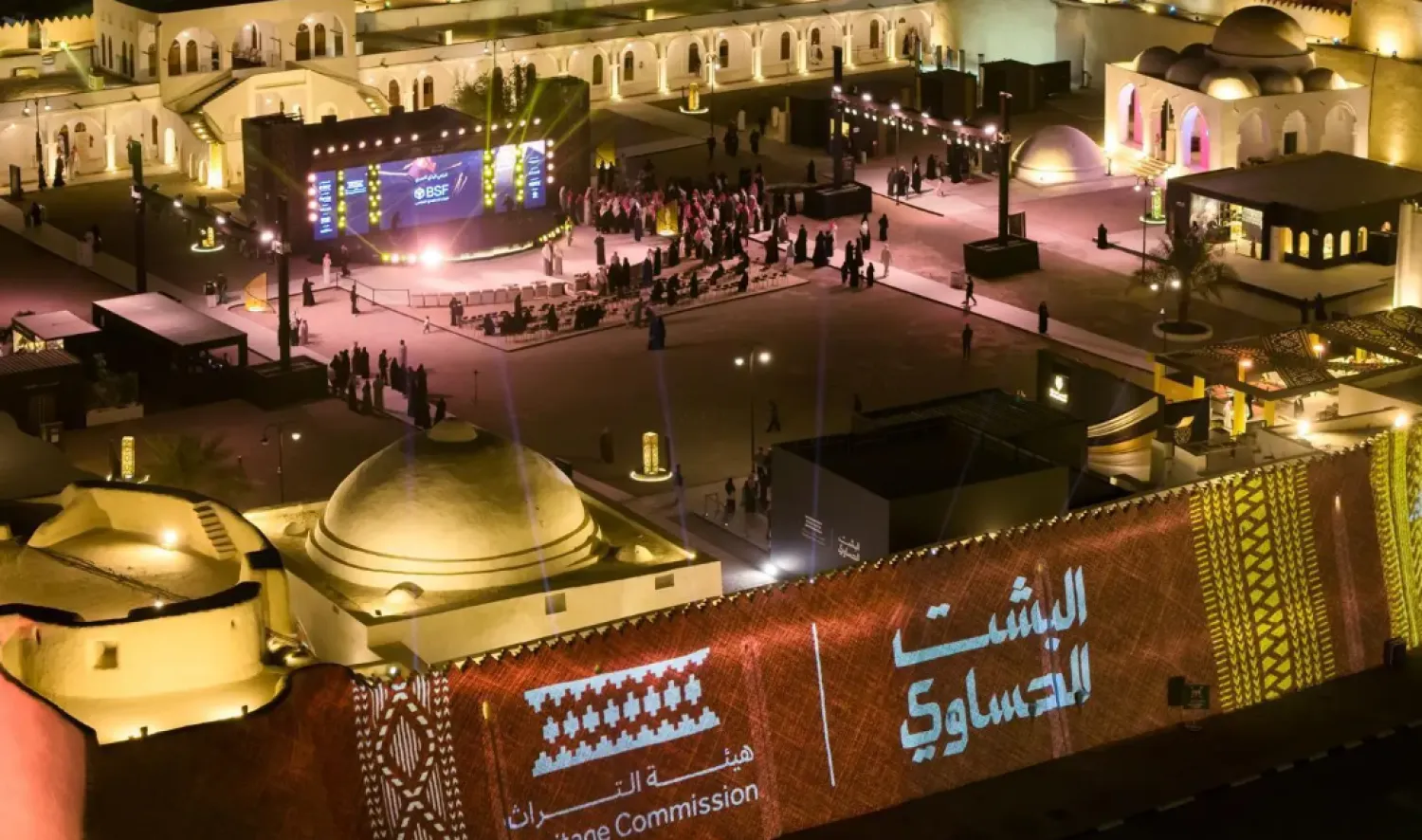The Saudi Minister of Culture, Chairman of the Heritage Commission, and Chairman of the National Committee for Education, Culture, and Science, Prince Badr bin Abdullah bin Farhan, has announced that the Kingdom successfully inscribed the Cultural Landscape of Al-Faw Archaeological Area in the Riyadh Region on the UNESCO World Heritage List as a cultural site of outstanding universal value to humanity.
The announcement was made during the 46th session of the World Heritage Committee held in New Delhi, India, from July 22 to 31.
The Al-Faw Archaeological Area is located in Wadi Al-Dawasir Governorate, south of the Riyadh Region. It spans a protected area of 50 square kilometers, surrounded by a buffer zone covering 275 square kilometers. The site lies at the intersection of Rub' al-Khali (Empty Quarter) desert and the terrain of the Tuwaiq Mountain, forming a narrow corridor known as "Al-Faw."
Prince Badr said that the inscription of the Cultural Landscape of Al-Faw reflects the strong support and attention given to Saudi heritage by the Custodian of the Two Holy Mosques, King Salman bin Abdulaziz Al Saud, and Prince Mohammed bin Salman bin Abdulaziz Al Saud, Crown Prince and Prime Minister.
He explained that the registration of cultural heritage elements, both tangible and intangible, with UNESCO is a testimony to the deep historical roots of the Kingdom and its pioneering role in serving the shared global human heritage under the framework of Saudi Vision 2030, which emphasizes the importance of celebrating the national identity, with tangible and intangible cultural heritage being one of its major components.
"The Kingdom recognizes the importance of heritage, its preservation, and its promotion worldwide in order to establish a solid foundation for the present, chart a roadmap for future endeavors, and support the Heritage Commission in developing national heritage assets," the Prince said.
With the registration of the Cultural Landscape of Al-Faw Archaeological Area, the List of UNESCO World Heritage Sites in Saudi Arabia includes: Al-Ahsa Oasis, an Evolving Cultural Landscape (2018), At-Turaif District in ad-Diriyah (2010), Hegra Archaeological Site (2008), Ḥima Cultural Area (2021), Historic Jeddah (2014), and the Rock Art in the Hail Region (2015).









